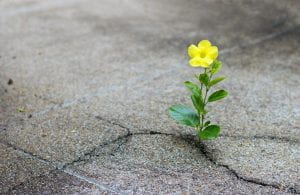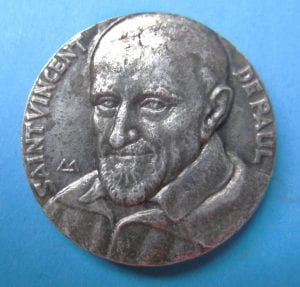We Form Each Other
In his keynote address to the Vincentian Family Gathering in 2005, Fr. Dennis Holtschneider, CM said, “We form each other.” It is through meaningful relationship and story sharing that we become the people the world needs us to be.
The core of Vincent and Louise’s work was formation – preparing those in their communities to be ready to serve. It started with seeing the potential and gifts of each person they encountered – whether rich or poor. Through encouragement and skill building, Vincent and Louise equipped each individual with the physical and spiritual tools needed to go forth and serve those most in need. They cultivated communities and spaces for all to grow together.
Margaret Kelly, D.C. describes Louise’s empowering work:
When she established the Daughters of Charity in her own home in 1633, she demonstrated great realism as well as vision as she developed instructional programs and motivated these young women to develop their abilities...
…The variety of works the Daughters engaged in (education, care of children, home visiting, nursing, care of the elderly) provided a broad range of options, and Louise set up specific training programs for each of the fields and mandated that preparation always precede service. [1]
The opportunity for growth wasn’t limited just to those who were serving, but also those being served. For example, in the residential care programs for children Kelly explains, “educational programs for children five years of age and older were developed in sewing, reading, writing, knitting, lacemaking and even baking. The goal of preparation for life and a livelihood dictated all programs for the children.” [2]
Our mission at DePaul university is rooted in this same approach of preparing our students to go forth and use their gifts to transform our world. A Catholic, Vincentian education focuses not only on minds, but on the whole person, including the formation of hearts and spirits. At DePaul, we urge faculty and staff to learn from their students each day. Together we help each other become the best versions of ourselves!
[1] Kelly, Margaret J. D.C. (1989) “Louise de Marillac: The “Gentle Power” of Liberation,” Vincentian Heritage Journal: Vol. 10 : Iss. 1 , Article 2. Available at: https://via.library.depaul.edu/vhj/vol10/iss1/2
[2] ibid.



